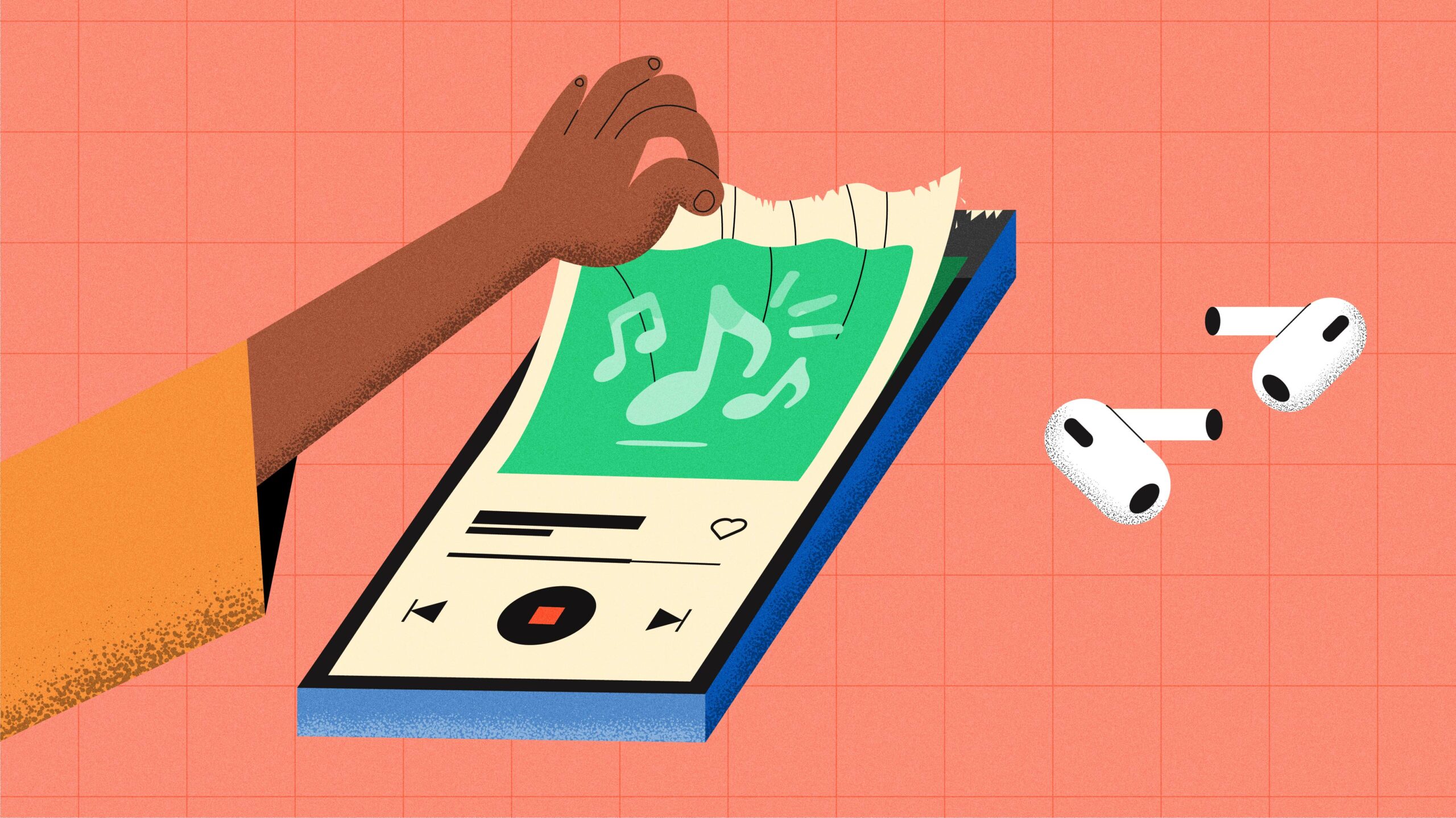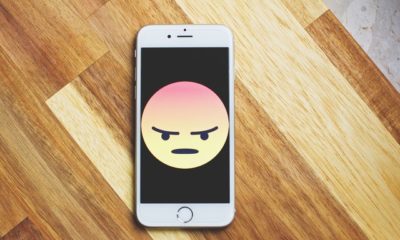Features
Can Music Fans Use Cancel Culture as an Effective Tool for Advocacy?

In the past few weeks, some Nigerian musicians have been the subjects of controversies on social media. Not that it is the first time. Like moths to flames, controversies trail artistes locally and globally. It is not uncommon for them to be in the news for what people deem as immoral or displeasing conduct, ranging from infidelity scandals to issues of disrespect, late arrival to concerts, or controversial tweets. It is also not uncommon for disgruntled and unsatisfied fans to declare that the unrequited love they had for their favourite artiste has now been withdrawn for one reason or another.
Last year, after waiting several hours for their faves to show up for their concerts, fans took to their social media pages to complain about the lack of remorse and the disrespect artistes have shown them. When the elections came, people also saw a different side to their faves – a display of a lack of empathy from people they held in higher esteem, tribal bigotry, or being out of touch with people’s reality. So, no, the world of controversies is not a new terrain for artistes.
But this time around, it is different. People are sharing stories and videos of abuse, violence, bullying and death. And it is chilling. And now, we’re left wondering if music, irrespective of the person behind the microphone, is still just music.
_
People say art is life. This phrase encapsulates the profound impact art has on people’s lives, emotions, social connections, and even creativity. It has the power to alter one’s mood, change perceptions, and inspire change. And that includes music. Beyond beats and lyrics is also the love and connection fans feel towards an artiste. We begin to see them in a certain light – freedom fighters, patriots, intriguing, vibrant, fun, philanthropists… Their perception of these artists is shaped by a combination of the music itself, the artist’s persona, their public image, and their interactions with fans. And because of this, people want to be like them and do what they do – like going beltless, wearing a bandana, hopping on certain challenges, learning a new dance step or handshake, or associating with a fan name. The influence goes beyond just the songs, and as controversies – especially issues of sexual assault, violence, physical/psychological/professional abuse, crime, fraud, paedophilia – trail artists, people are forced to make a decision: assume it is not their business and continue being a fan; acknowledge that their fave is badly behaved and call them out.
Sometimes, doing the former is easier. We’re forced into arguments within ourselves on whether we have to choose between an artist we love or our moral compasses. And then there’s the part about “innocent until proven guilty”. Do we really need to be burdened by the personal lives or actions of these artistes; can’t we simply enjoy the music? What really is our business if our fave decides to puff balloons or strip at a bar? They’re humans and are allowed to make poor choices sometimes. But when these choices transcend controversies into wreaking havoc, hurting people, or claiming lives and properties, we may need to ask ourselves if we still want to support them.
_
The issue of whether or not cancel and/or call-out culture is an effective tool in advocacy and social development, and should be utilised by fans, has been debated time and time again. Cancel culture is complex because the fanbase can be toxic, judgmental or expecting perfection from the artistes, and there’s the risk of a life-long impact on their works for something as little as having a different (and harmless) opinion. A call-out culture could be a powerful tool for holding people accountable for perceived wrongdoings, addressing systemic issues, allowing marginalised people to seek accountability where the justice system may fail, and serving as a corrective for the sense of powerlessness that many people may feel in certain situations. It is a way of letting artistes know that while we may enjoy their music, we can criticise their actions, and when actual crimes, especially against other people – like abuse and violence – are committed, people have the autonomy to stop listening to their projects.
Consumers of music are stakeholders in the business of music and the industry at large, perhaps almost as much as the artists. We have the power to shape the narrative and standards of our music culture. And, although it’s a bitter pill to swallow, continued support for the music created by a violent musician could be an endorsement of the violence perpetrated. While it’s essential to respect an artist’s right to express themselves creatively and to enjoy their artistry, mustn’t we recognise our shared responsibility in this dynamic – influence, actions and then consequences?
For instance, when an artist encourages sexual violence, cybercrime, paedophilia, murder, or child pornography in their songs, do we justify enjoying the music while ignoring the influence and consequences it has on society? Outside the music, if your favourite artist is the cause of someone’s death, rapes another person, or is a bully, do you vibe to their music while ignoring the ripple effects of their actions? Would you listen to R-Kelly, even with his catalogue of sexual offences from paedophilia to child pornography?
If a convicted sexual abuser, murderer or criminal’s song is topping the charts and getting nominated for several awards, beyond making them wealthier, it may just be time to review what we deem as acceptable and condonable in our society.
“I don’t want to put money in a misogynist’s bank account as a way of keeping his career going.”
Perhaps cancel culture is not as bad as the world makes it to be, especially in this context. It is a way to tell the artist, “No, we are not supporting your actions and until you fix up, we won’t put money into your pocket or keep your career going.”
It is also important to note that cancel culture is not the same as jungle justice or mob culture; it must never replace the law. Still, as we let justice take its course, we must ask ourselves how we – as fans and lovers of music – intend to do right by the victim. And at all times too.

















